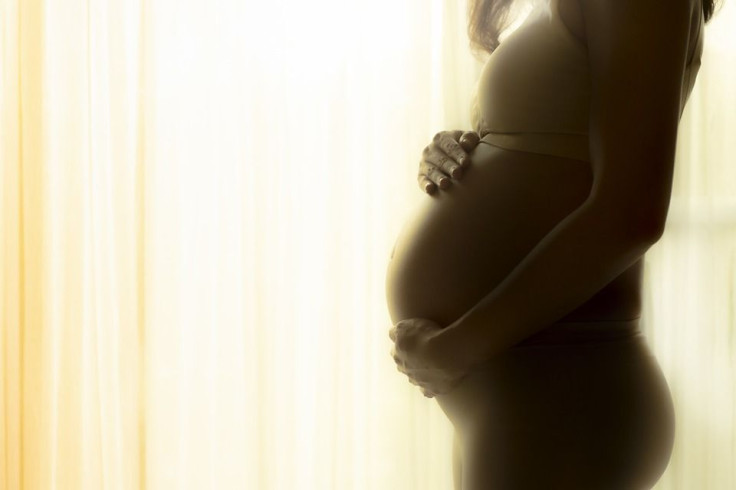Dying COVID-19 Patient's Wife Wants His Sperm Collected And Stored; Court Grants Permission
KEY POINTS
- The man's wife approached a court as he was unconscious and could not give consent
- The court ruled in her favor, hours after her plea was filed
- However, it didn't permit artificial insemination until further notice
A woman has been allowed to retrieve and store her husband's sperm following a court ruling as the man hospitalized due to COVID-19 has very slim chances of survival.
The plea was filed by the woman in the state of Gujarat on Monday evening, The Times Of India reported. She had approached the court after the doctors said her husband, who was hooked on to a life support system, may not survive another day.
According to the pending Assisted Reproductive Technology Bill, an Indian man's sperm cannot be obtained without his consent. The unidentified patient is currently unconscious and battling multiple organ failure. So, when the woman put forward the request before the hospital authorities, they instructed her to get court consent.
In her plea before the Gujarat High Court, the woman expressed her desire to become the mother of her husband's child, and hence sought permission to collect and store his sperm, according to medical advice. Her desire was supported by her husband's parents. According to her lawyer, the man was admitted to the hospital on May 10 and had slim chances of survival. The plea requested the court to hear the case urgently as, if not, it may create an "irreversible situation."
Hours later, the court ruled in her favor. Besides granting permission, the court also directed the petitioner and the assistant government pleader to communicate its order to the hospital to ensure immediate collection of his samples, India Times reported. It also instructed the samples to be stored in an appropriate place as per medical advice for future IVF/Assisted Reproductive Technology.
However, the court has not granted permission to proceed with artificial insemination till further orders. The case is likely to be heard again this week.
India is one of the major centers of the global fertility industry, with reproductive medical tourism gaining strength. Fertility clinics here offer almost all assisted reproductive technology, including gamete donation, intrauterine insemination (IUI), IVF, and gestational surrogacy. While authorities estimate close to 3,000 such clinics exist in the country, there is no clear data or supervision on its operations. To rectify the situation, the government brought about the Assisted Reproductive Technology (ART) Regulation Bill 2020.






















